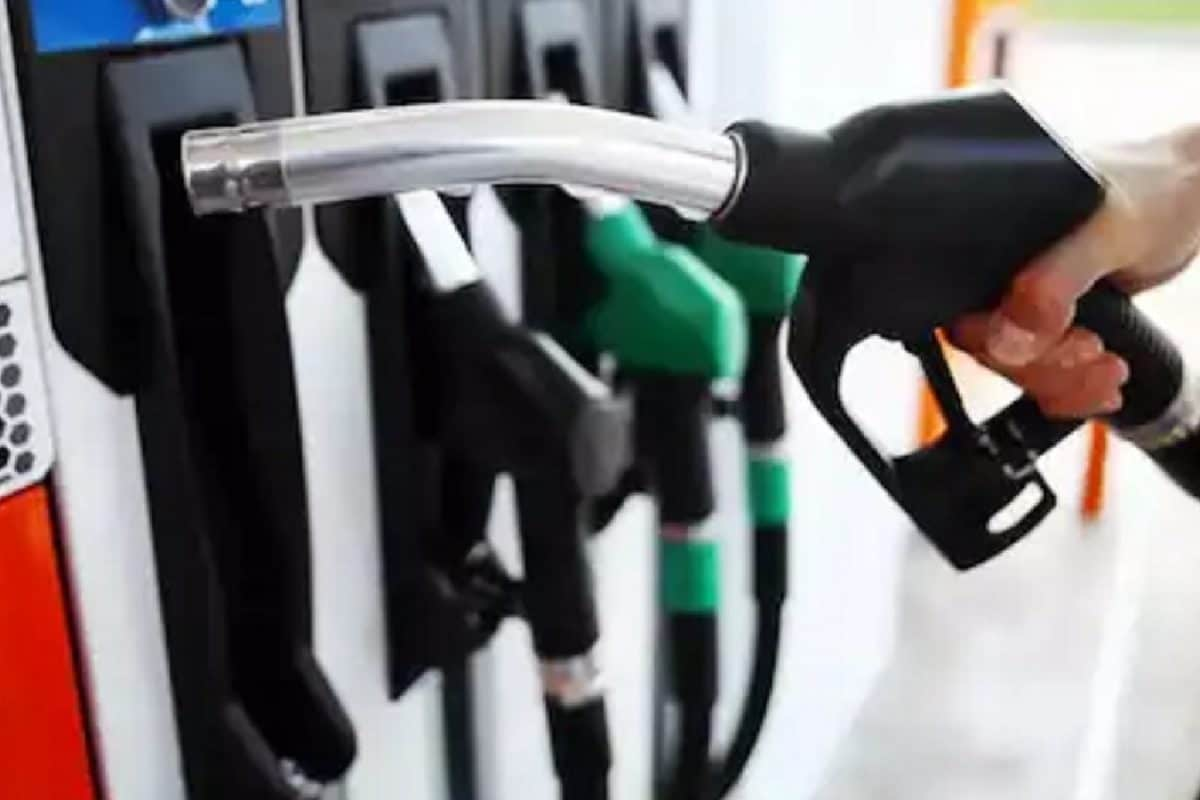

Delhi's recent implementation of a fuel ban on older vehicles has sparked a wave of controversy, raising questions about the logic and fairness of the policy. The ban, which prohibits petrol stations from dispensing fuel to petrol vehicles older than 15 years and diesel vehicles older than 10 years, aims to combat the city's persistent air pollution. However, the move has been met with criticism from various corners, with many questioning its selective enforcement and potential unintended consequences.
One of the most vocal critics of the policy is former Indian Air Force (IAF) officer Sanjeev Kapoor, who has questioned the rationale behind targeting personal vehicles while older aircraft, trains, buses, and other modes of transport continue to operate. Kapoor pointed out that many aircraft still flying are over 40 years old, and numerous trains, buses, boats, ferries, and commercial planes in daily use are more than three decades old. He questioned why restrictions are being imposed solely on personal vehicles, highlighting the apparent inconsistency in the policy.
The policy, enforced through Automatic Number Plate Recognition (ANPR) cameras at over 350 fuel stations, has been described as an "Orwellian law" reminiscent of a surveillance state. Violators face a fine of Rs 10,000 for four-wheelers and Rs 5,000 for two-wheelers, with the risk of vehicle impoundment and scrapping. Fuel station owners also face legal repercussions for non-compliance.
Critics argue that the ban penalizes vehicle owners based solely on the age of their vehicles, without considering their actual pollution levels or how well they are maintained. This has led to questions about the relevance of the Pollution Under Control (PUC) certificate system, which is supposed to ensure that vehicles meet emission standards regardless of their age. Some argue that well-maintained vehicles with valid PUCs should be allowed to operate, regardless of their age.
The policy has also raised concerns about the financial burden on families dependent on older vehicles. Many vehicle owners in Delhi pay road tax for a 15-year vehicle lifespan, but the new policy effectively prevents them from using their diesel vehicles for the full term. This discrepancy has led to questions about whether the government would refund the tax for the unused portion of the vehicle's lifespan.
Moreover, there are concerns that the fuel ban could lead to the emergence of a black market or underground ecosystem to keep older vehicles running. With fuel no longer available at gas stations, owners of banned vehicles may resort to illegal means to obtain fuel, undermining the policy's intended goals.
In response to the widespread criticism, the Delhi government has requested the Commission for Air Quality Management (CAQM) to put the enforcement of the fuel ban on hold. Delhi Environment Minister Manjinder Singh Sirsa argued that the order should be suspended until the ANPR system is fully implemented across the National Capital Region (NCR), deeming it unfair to vehicle owners. He also stated that the government is working on a plan to seize poorly maintained vehicles, rather than penalize owners who properly maintain their vehicles.
The Delhi government's decision to reconsider the fuel ban reflects the challenges of implementing policies that impact a large number of people. While the goal of reducing air pollution is laudable, it is essential to consider the social and economic needs of citizens and ensure that policies are fair, logical, and effective. The controversy surrounding the fuel ban highlights the need for a more comprehensive and nuanced approach to tackling air pollution in Delhi, one that addresses all sources of emissions and takes into account the concerns of all stakeholders.